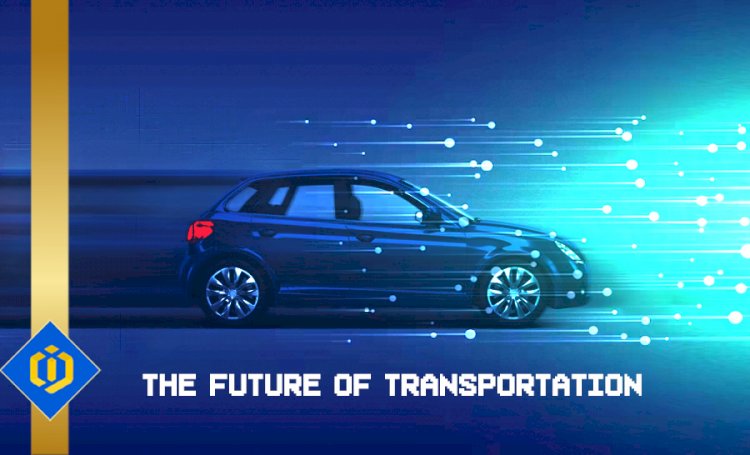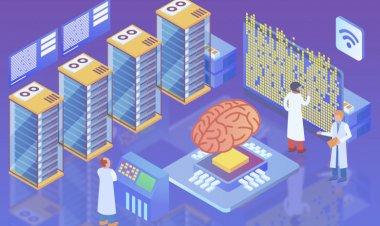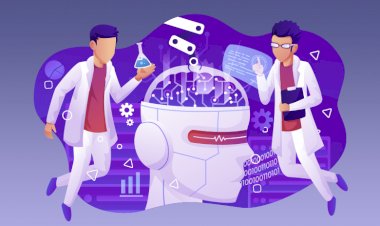Artificial Intelligence Will Forever Change the Methods of Traveling

As new technologies like self-driving cars and artificial intelligence (AI) continue to change the way that we travel, the transportation sector is on the verge of a revolution. In addition to highlighting some of the cutting-edge ways these technologies are being used in the transportation industry, this article examines the potential advantages and difficulties of using self-driving cars and AI.
The potential for increased safety and a decrease in accidents is one of the main advantages of self-driving cars and AI in transportation. The risk of accidents brought on by human error can be decreased by self-driving cars' ability to use cutting-edge sensors and AI algorithms to detect potential hazards and avoid collisions. Additionally, this may result in a more effective use of the nation's highways and roads, lowering traffic and speeding up travel.
A further advantage of self-driving cars and AI in transportation is the potential for more individualized and effective travel experiences. For instance, AI algorithms can examine data on individual preferences, weather patterns, and traffic patterns to develop specialized travel plans that minimize delays and maximize travel times. For travelers, this may help to relieve stress and improve convenience.
The use of self-driving cars and AI in transportation is not without its difficulties and ethical issues, though. One issue is the possibility of job displacement brought on by self-driving cars and AI, which could supplant human drivers and other transportation professionals. It's crucial to make sure that the advantages of these technologies are shared fairly and that workers are helped by training and skill-upgrading initiatives.
The need to strike a balance between the use of AI and self-driving cars and the significance of human judgment and decision-making in transportation is yet another issue. While self-driving cars and AI can offer fresh tools and methods for managing transportation, they cannot take the place of human empathy, creativity, and intuition when it comes to solving difficult transportation problems. It is crucial to make sure that the application of self-driving cars and AI is constrained by moral and humane principles that place a premium on the security, worth, and autonomy of workers and commuters.
The development and implementation of self-driving cars and AI in transportation require a collaborative and multidisciplinary approach in order to address these worries. Engaging stakeholders from various backgrounds and viewpoints, such as transportation experts, policymakers, ethicists, and community members, is a part of this process. Additionally, it calls for a dedication to openness, responsibility, and the application of moral principles to direct decision-making throughout the development and deployment process.
In conclusion, self-driving vehicles and artificial intelligence (AI) have the potential to revolutionize how we travel by enhancing safety, reducing traffic, and fostering more tailored and effective travel experiences. Although there are difficulties and ethical issues with the use of these technologies in transportation, these can be resolved through a multidisciplinary, collaborative approach that puts the security, dignity, and autonomy of workers and passengers first. Together, we can design a transportation system that is more effective, fair, and sustainable for everyone.
An Analysis by Pooyan Ghamari, Swiss Economist with Expertise in the Digital World

 content-team
content-team 


















